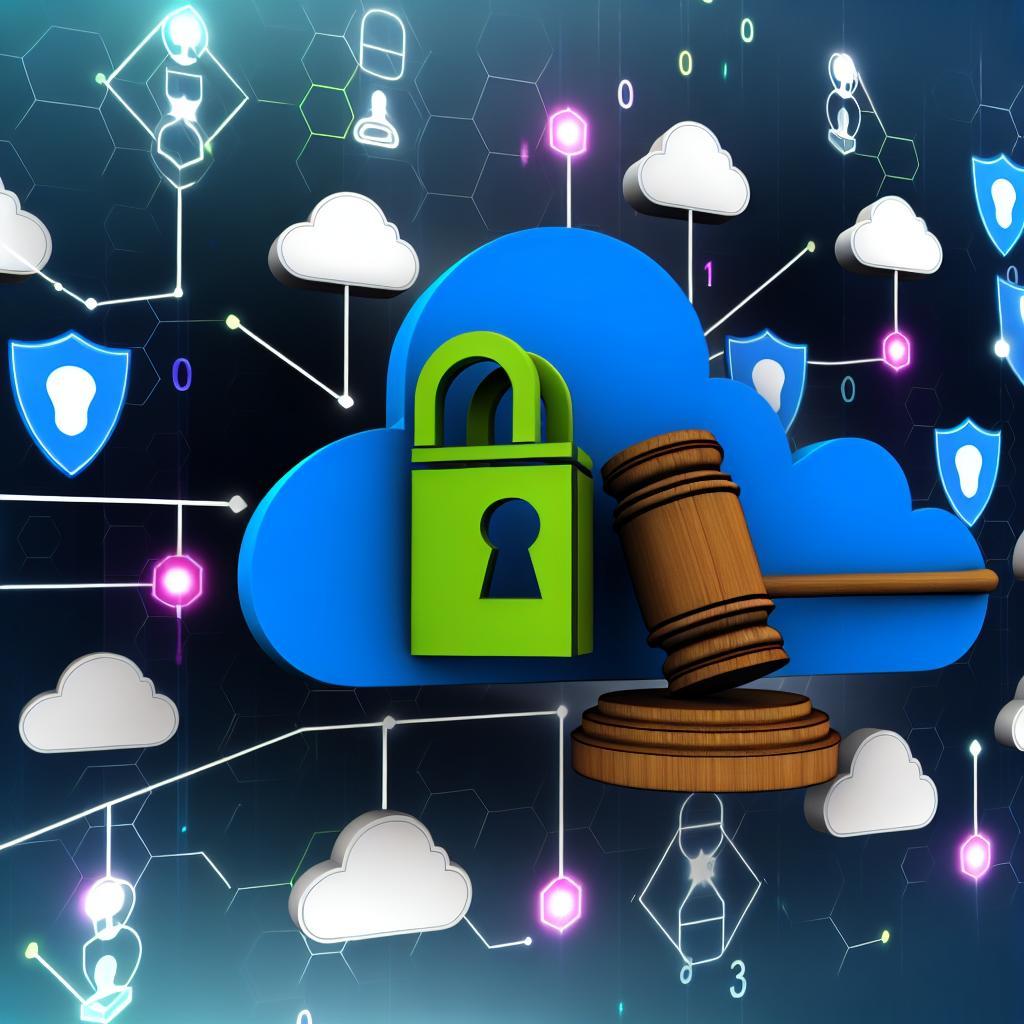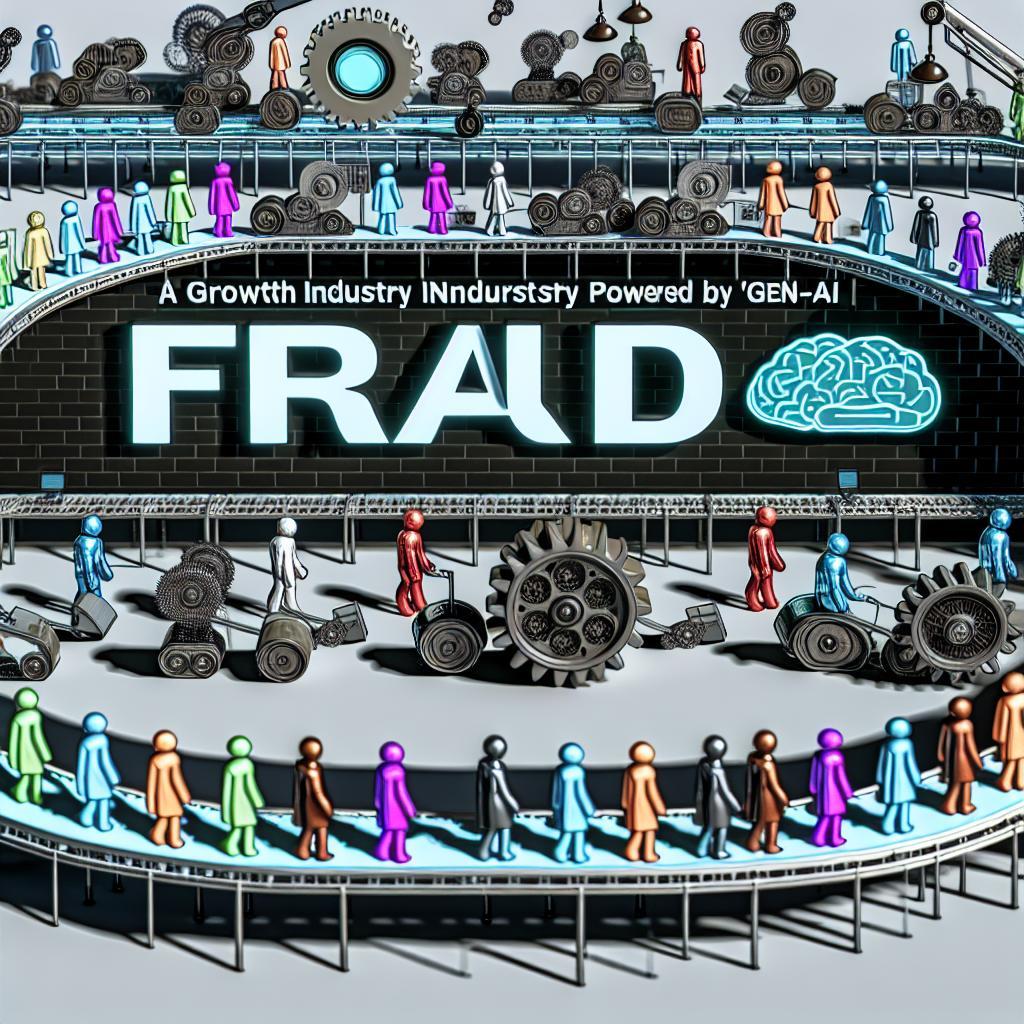– What are the consequences of using a simple password?
Your Password Is Too Simple: Why It Matters and How to Improve It
In today’s digital age, protecting your online accounts is more important than ever. Weak passwords are one of the biggest security threats, making it easy for hackers to gain unauthorized access to your personal information. If your password is too simple, you are putting yourself at risk for identity theft, financial fraud, and other cybercrimes.
Why Simple Passwords Are a Problem
Using simple passwords, such as “123456” or “password,” is like leaving your front door wide open for intruders. Hackers use sophisticated software to crack passwords, and simple ones can be readily guessed or brute-forced. Once they have access to one account, they may be able to gain access to your other accounts, potentially causing significant damage.
Some common reasons why people choose simple passwords include:
- Convenience: It’s easy to remember simple passwords.
- Lack of awareness: Many people do not realize the importance of strong passwords.
- Feeling of invincibility: Some individuals believe they will not be targeted by hackers.
Improving Your Password Security
Fortunately, it’s not too late to improve your password security. By following these tips, you can create strong and unique passwords that will help protect your online accounts:
Use a Password Manager
A password manager is a secure tool that stores all your passwords in an encrypted format. It can generate complex passwords for you and autofill them when needed. This eliminates the need to remember multiple passwords and reduces the risk of using simple ones.
Use Complex Passwords
Choose passwords that are at least 12 characters long and include a mix of uppercase and lowercase letters, numbers, and special characters. Avoid common words, phrases, or personal information that can be easily guessed.
Enable Two-Factor Authentication
Two-factor authentication adds an extra layer of security by requiring a second form of verification, such as a code sent to your phone. Even if a hacker manages to crack your password, they will still need to bypass this additional security measure.
Case Study: How Weak Passwords Can Lead to Data Breaches
In 2019, a major social media platform experienced a data breach that exposed millions of user accounts. The cause? Weak passwords. Many users had simple passwords that were easily cracked by hackers, leading to unauthorized access and potential privacy violations.
This incident serves as a stark reminder of the importance of using strong passwords to protect your online accounts. By taking proactive steps to enhance your password security, you can reduce the risk of falling victim to cyberattacks.
Conclusion
Your password is the first line of defense against cyber threats. By ensuring it is strong and unique, you can significantly reduce the risk of unauthorized access to your accounts. Take the time to review your passwords and make necessary changes to enhance your online security. Remember, a strong password is your best defense in the digital world.







